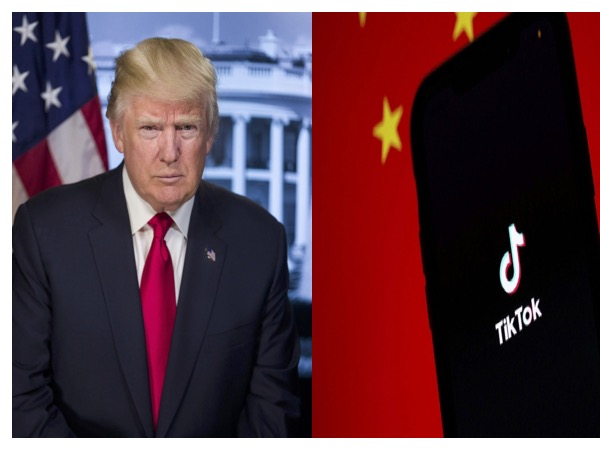Much is being made about NBA center Jason Collins — the first active professional male athlete in one of the “Big 4” sports to come out as being openly gay — and while there’s no shortage of ground covered by his story, we can’t help but notice that the story occurs in the context of a much deeper narrative.
The real story is that Collins’ declaration ‘is’ a story. Today the federal government still isn’t sure if some people should have the same rights as everyone else because of who they’re attracted to. We’re having this discussion because we live in an age where athletes in professional sports are being scrutinized for things entirely unrelated to either athleticism or sports.
The Collins story represents the latest rampart of professional sports culture to fall. This is no accident. There’s been a change in the mainstream treatment of what the 90s once identified as an “alternative lifestyle.”
He was helped by a host of professional athletes to come out before him. From tennis star Martina Navratilova in 1981, to Greg Louganis in 1995, Sheryl Swoopes, Billy Bean, Wade Davis, the list is longer than the anti-gay contingent would like to acknowledge.
Though he’s not the first to come out, in many ways he’s the best person for the job today – articulate, humble, with a good grasp of his place in the spectrum of leaders responsible for the vicissitudes of human progress. This packed inside of a 7-foot frame of cagey physicality whose playing style and presence stand as a rebuke to the stream of unfounded stereotypes leveled against gays in the sports community.
There’s no question Collins is a pioneer. But this isn’t about the hero that Collins winds up being. It’s about the domino effect tolerant people hope his story is a catalyst for.
While it’s easy for us as outsiders to assume this is a manifest sign of inevitable change sweeping across sports, it’s more responsible to acknowledge how lonely it still is for the professional athletes we can assume are still out there, in the closet.
The tolerance we’re enjoying now is in its infancy, still fragile. It’s up to us as individuals to keep it alive by criticizing homophobia, and refusing to judge athletes using factors as irrelevant as sexual orientation.








































































